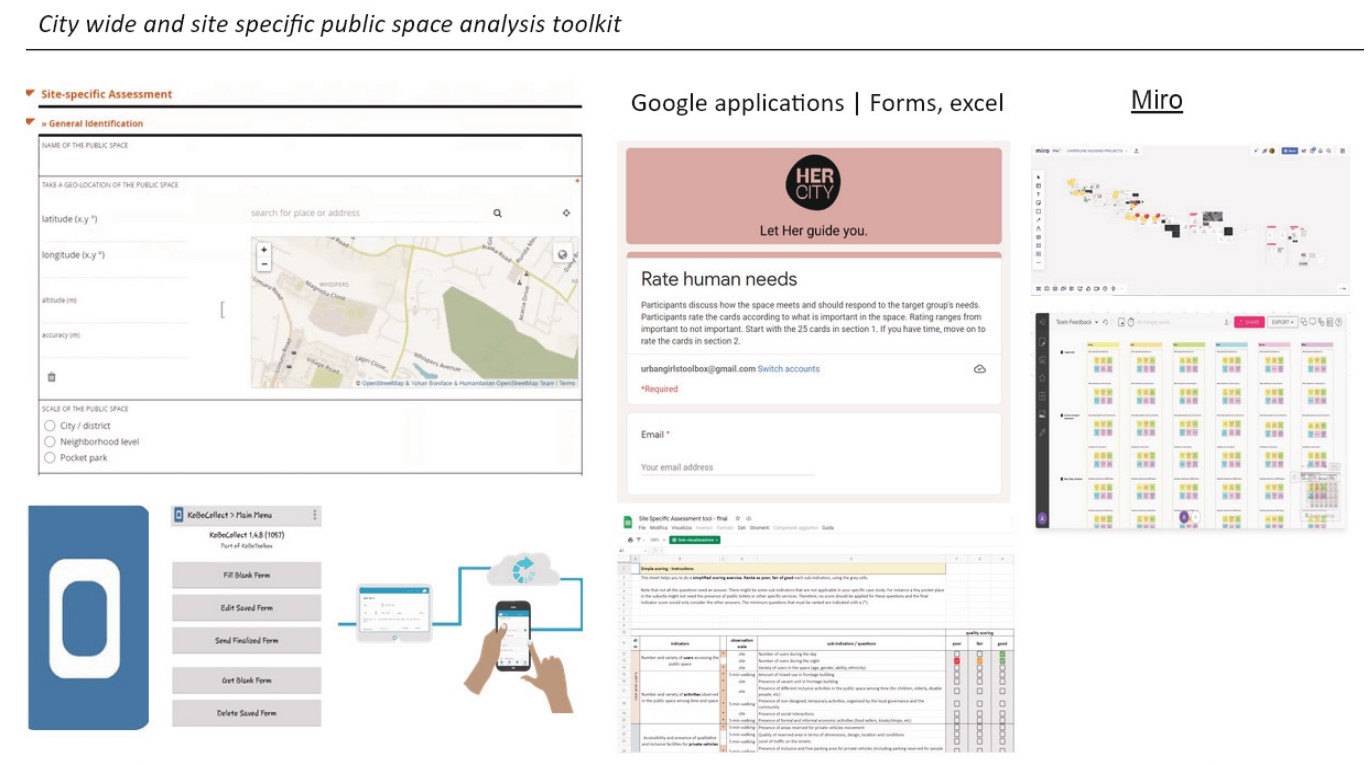
In recent years, a series of challenges such as the pandemic, climate change, overpopulation, etc., among others, have highlighted the need to involve citizens in decision-making at the urban planning level. The smart cities sector enables several such processes: By using new technologies and innovative tools that involve different social groups, smart cities encourage the participation of all in the design of public spaces to develop safe, inclusive and accessible public spaces and build better and more resilient cities.
The topic of the course is the evaluation of your city as a place of social participation and the design of a smart city strategy in a specific public space. The main objectives are to understand participation tools (engagement tools), familiarise with their use, work with the collection of urban data, and apply a smart city model in design.
Course methodology
The course includes theoretical and collective work modules. The theory is covered through lectures and study materials that help to a) understand the concepts of the smart and digital city and b) learn about the different approaches being taken internationally in creating a smart city. The final task of the course includes a presentation of the study area, a presentation of the specific area problem, and a proposal for intervention through the creation and structuring of a smart city strategy. The proposal will be presented in 3 parts: Proposal - -idea, Innovation Map, Interface, and Business Plan.
Aim of the course
With the successful completion of the course, participants will be able to
Evaluate a public space in their city as a place of participation and propose a design strategy to solve the challenges through the Smart City model.
